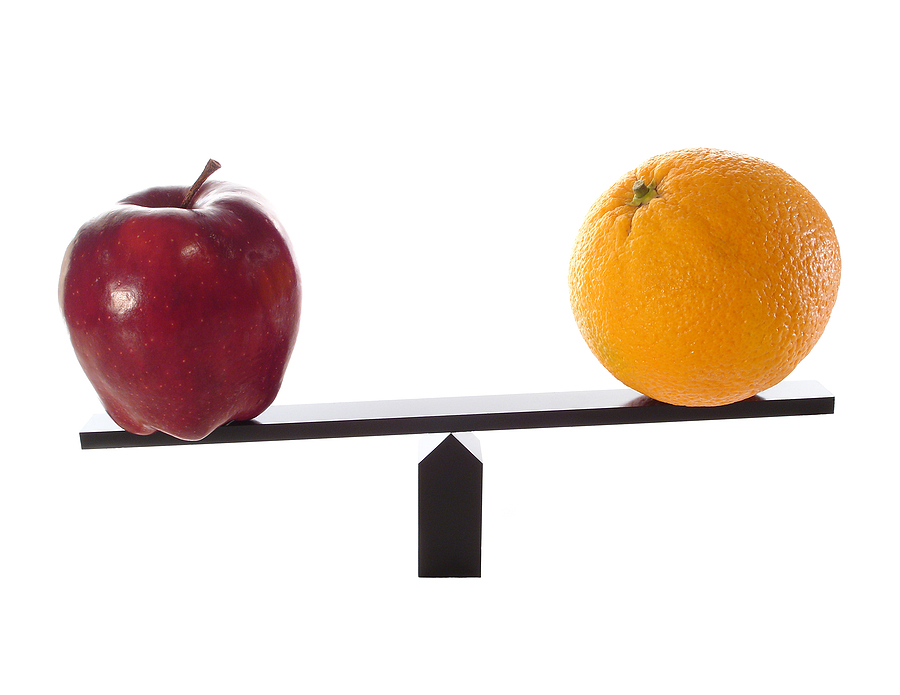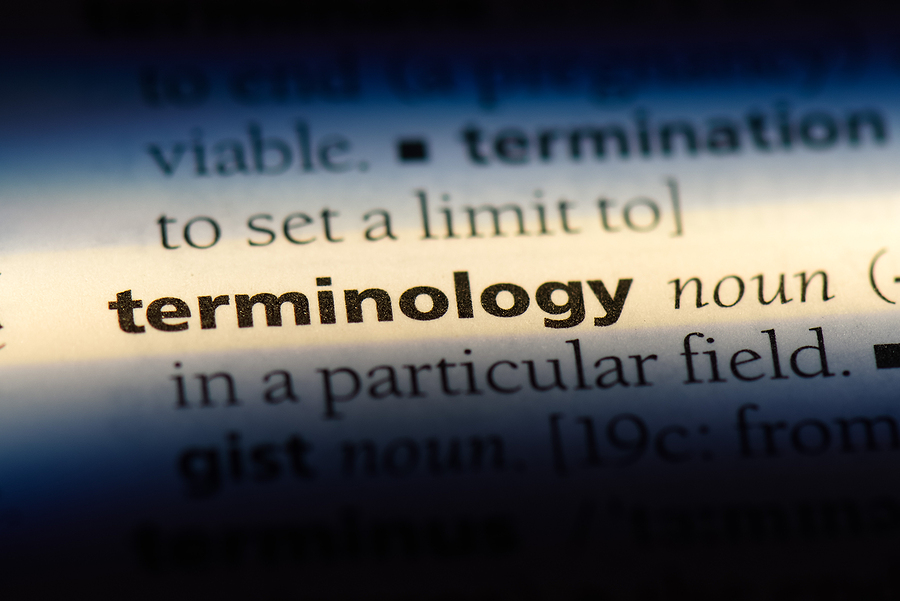I cannot claim the below hilarity as my own. I found it years ago, floating around the internet without attribution. If you know who wrote it, let’s applaud them for creativity! Happy to add attribution or take this down if so asked. Enjoy this clever take on the word “canon.”
___________________
In the Catholic church, the proper title of a priest who serves as an advisor to a bishop is a “canon.”
If that advisor to a bishop owns an artillery piece, naturally that makes it a canon’s cannon.
Furthermore, if you write a story in which it’s textually established that an advisor to a bishop owns an artillery piece, it’s a canon’s canon cannon — or possibly a canon canon’s cannon, depending on whether we’re more concerned with the canonicity of the canon, or the cannon.
(Conversely, if the advisor to the bishop is popularly supposed by the fandom to own an artillery piece, but no such device appears in the text, it’s merely a headcanon canon’s cannon.)
Finally, the term “canon” may also refer to a religion’s body of approved sacred texts. Thus, if in the story it’s established that the advisor to the bishop’s artillery piece that has been specially modified for the high-speed delivery of holy scriptures, that makes it a canon canon’s canon cannon.
Any questions?








